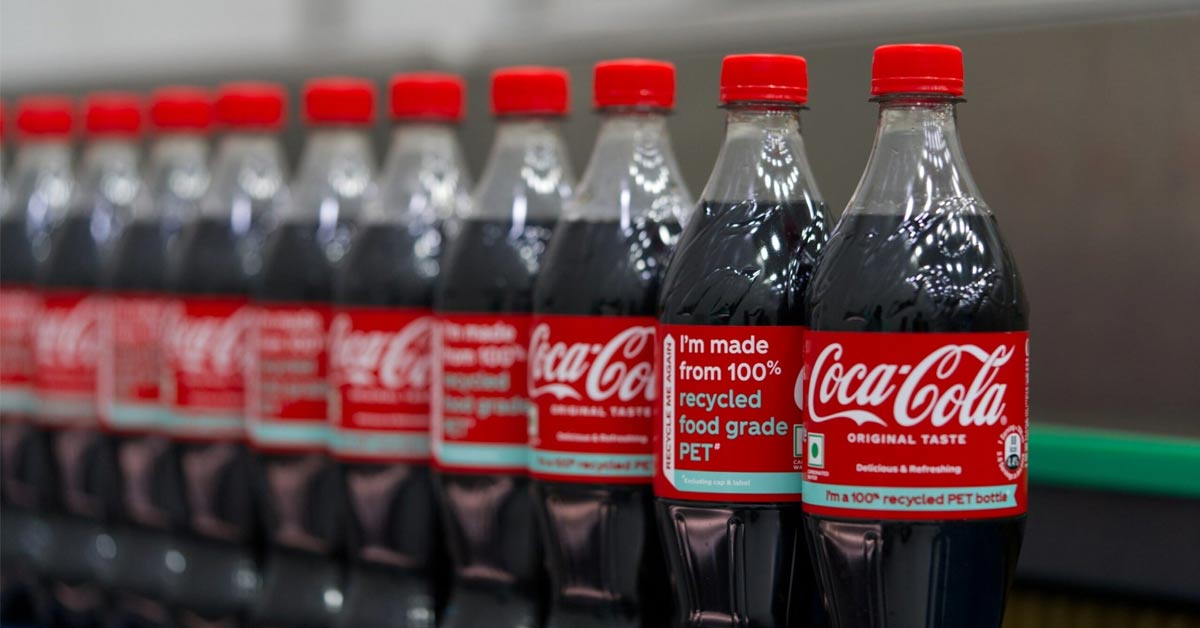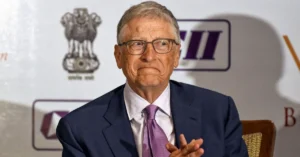The Bhartia Family, headed by Shyam and Hari Bhartia of the Jubilant Group, is in advanced discussions with Goldman Sachs to co-invest in Hindustan Coca-Cola Beverages (HCCB) for a 40% stake acquisition. This strategic partnership marks a significant move in the beverage industry, as both parties explore ways to enhance their positions in one of India’s leading soft drink manufacturers.
This strategic investment would grant the family a substantial share in Coca-Cola’s operation in India, which ranks as the company’s fifth-largest market globally, reports The Economic Times.
Goldman Sachs plans to finance the acquisition through a Special Purpose Vehicle (SPV), investing approximately ₹3,000-3,500 crore via a convertible preferred equity structure. Meanwhile, the Bhartia family is anticipated to contribute a matching amount, effectively splitting the investment equally, according to the report.
Goldman Sachs will route its investment through its Goldman Sachs Alternatives division, a diversified platform encompassing growth and private equity, hedge funds, real estate, and private credit investments, underscoring the firm’s strategic commitment to this deal.
Goldman Sachs has agreed to a 20% internal rate of return (IRR) cap, providing some downside protection, as part of its investment structure involving compulsory convertible preference shares. These shares are slated for conversion during HCCB’s anticipated IPO within 2-3 years. The IPO’s waterfall repayment structure prioritizes senior secured lenders, followed by Goldman Sachs, which sits between debt and the Bhartia family’s equity stakes, ensuring a tiered repayment hierarchy.
Coca-Cola India is poised to adopt an asset-light strategy, mirroring PepsiCo’s successful model, by divesting its stake in HCCB. This sale is expected to unlock value and set the stage for HCCB’s IPO, providing a benchmark valuation. Drawing inspiration from PepsiCo’s partnership with Varun Beverages, which significantly boosted Varun’s market value, Coca-Cola aims to replicate this success.
Hindustan Coca-Cola Beverages has posted robust financial growth, with a 9.2% revenue increase to ₹14,021 crore in FY24, accompanied by a remarkable 247% net profit surge. To sustain this momentum, HCCB has earmarked $1.5 billion for capital expenditure over the next five years, focused on bolstering bottling capacities and establishing new facilities in Gujarat and Madhya Pradesh, driving strategic expansion and growth.
The Bhartia family is adopting a prudent approach to financing their significant investment, seeking to minimize debt burden. To achieve this, they plan to secure ₹3,000-3,500 crore through lower-cost debt from mutual funds, rather than traditional bank loans. Initially, the family explored alternatives with asset managers and foreign banks, ultimately choosing a long-term partnership over short-term mezzanine funding to ensure stability and sustainability.
It is worth noting that Coca-Cola India has reduced the price of its 400 ml bottles by ₹5, now selling for ₹20, to remain competitive against the emerging Campa Cola. This price adjustment is seen as a strategic response to Campa Cola’s growing market presence, which offers a 500 ml PET bottle at the same price point. This move by Coca-Cola aims to safeguard its market share amidst intensifying competition in the Indian beverage sector.
Being an American soft drink brand along with Pepsi, the company is also witnessing the heat of global boycotts for its alleged funding support to Israel. In the Middle East, regional soft drink brands like Palestine Drinks and Chat Cola have been steadily gaining ground against established American brands, particularly Coca-Cola and Pepsi. These local brands are leveraging cultural relevance, localized marketing, and competitive pricing strategies to carve out a significant market share.
This trend is part of a broader movement where consumers in the Middle East are increasingly seeking homegrown alternatives that reflect their cultural values and offer competitive pricing against multinational giants. This has put pressure on American companies, which have dominated the global beverage market for decades.






